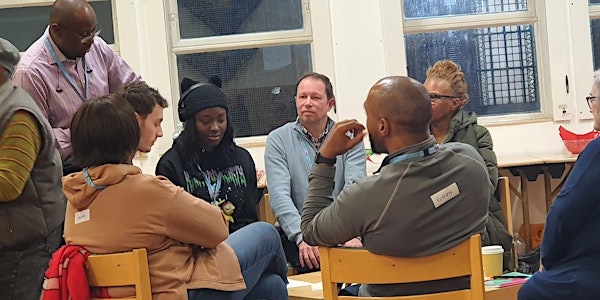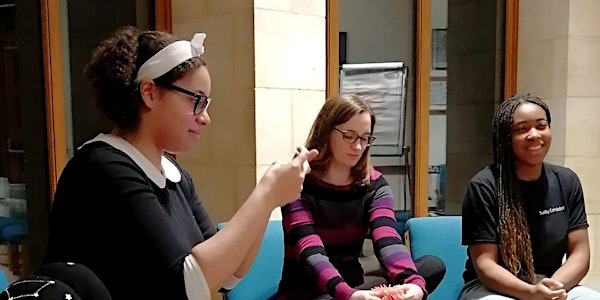SAMPLE SESSIONS

Below are links to three sample sessions.
All of our sessions are bespoke, designed following discussion with you in advance to understand the needs of your group.
These samples will give you some idea of how we structure our sessions and the kinds of activities we might include for different groups of people.
CHILDREN
 Aim:
Aim:
To increase the children’s awareness of drugs and medicines and learn how to recognise and manage peer pressure.
Learning Outcomes:
By the end of the lesson, the children will:
- Discuss and define what a drug is
- Increase basic knowledge on common substances and their risks
- Discuss and define peer pressure
- Practice some peer resistance strategies
Plan:
- Introduction
- What is a drug?
- Groupwork – each group is given a set of (empty) common substances (e.g., vape, medicine, nitrous oxide cannister). Ask them which are good for you and which are not good for you?
- Feedback and discussion
Group discussion: What is peer pressure?
Practice peer resistance:
- Peer resistance game
- Sweet game
- Role play – At a friend’s house and they offer you something but you don’t know what it is – act using the ‘Ways to resist Peer Pressure’ handout.
Conclusion
YOUNG PEOPLE
 Aim:
Aim:
To enable learners to be more aware of how they make decisions.
Learning Outcomes:
By the end of the session, learners will:
- Have considered what influences their decision making
- Have discussed some of their own personal values
- Have considered the value in drawing together information in order to help make a decision
- Have practiced making decisions
Plan:
- Introduction
- Icebreaker
- Decision Making (Cost Benefit) – To consider how our own ambitions and motivations affect our decision making.
- Decisions – External Influences – To look at external factors that may affect our decision making.
- Decisions – Internal Influences – To look at the importance of being as informed as possible before making an important decision.
- Social Media – who can I trust?
- Choices Game
- Conclusion
PARENTS
 Aim:
Aim:
To enable participants to have a very basic knowledge of both recreational and street drugs, and to consider protective factors for the family.
Learning Outcomes:
By the end of the session, learners will:
- Know what a drug is
- Have considered some basic effects of drugs
- Have seen what various street drugs look like and the paraphernalia used
- Have looked at the Law concerning drugs and parents
- Have looked at why people use drugs
- Have looked at protective factors that could be put in place.
Plan:
- Introduction
- Drug Boxes – To consider the definition of a drug.
- Drug Samples – To find out what different drugs look like.
- Paraphernalia – To see what might be used to take a drug, and what to look out for.
- Drug Categories – To consider how drugs affect the user (in general).
- Law Game – To learn about classifications.
- Drug law and parents quiz – To learn what, if any, responsibility a parent may have legally if their child is using a drug.
- Why people take drugs – To consider the reasons people might use drugs and what, if anything, we might do to positively address these reasons. (e.g. building confidence).
- Parenting Points – Looking at helpful ways to help children with the issue of drugs.
- Conclusion
STAY UP TO DATE WITH ALL OUR NEWS
We'd love to stay in touch!
Sign-up to receive our bi-monthly e-newsletters with all the latest news, information and events.


